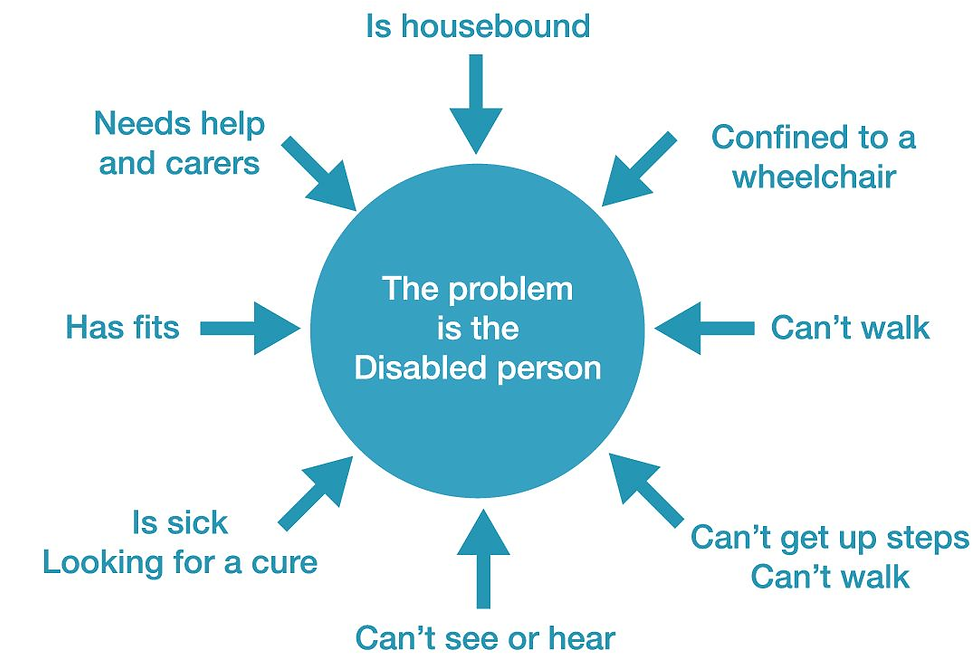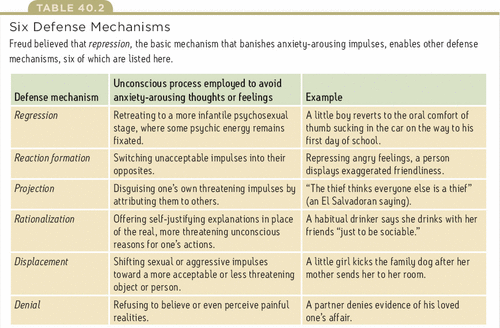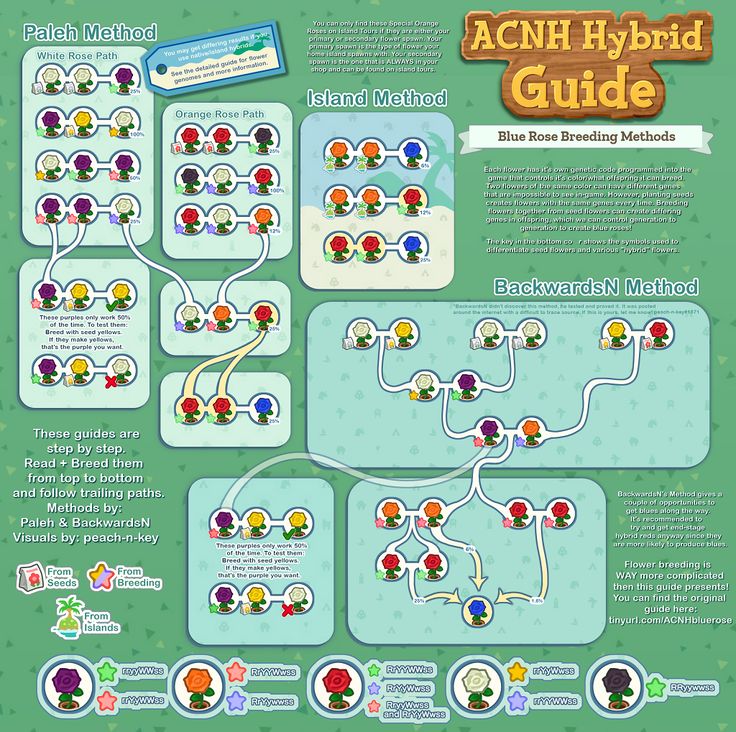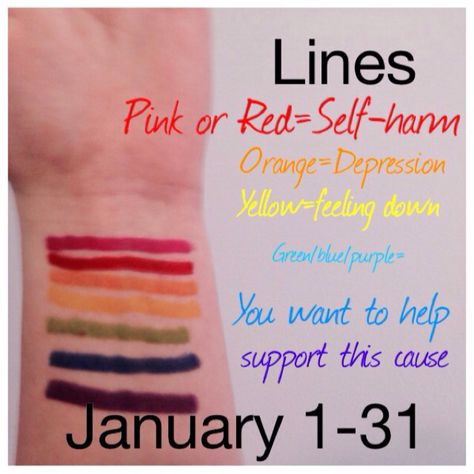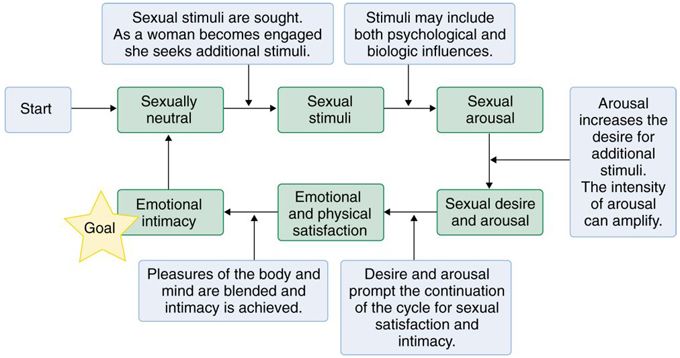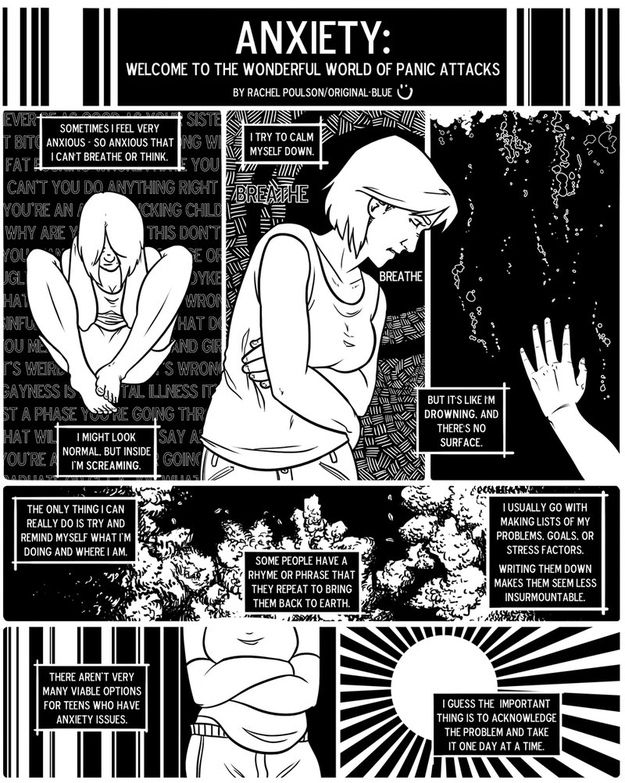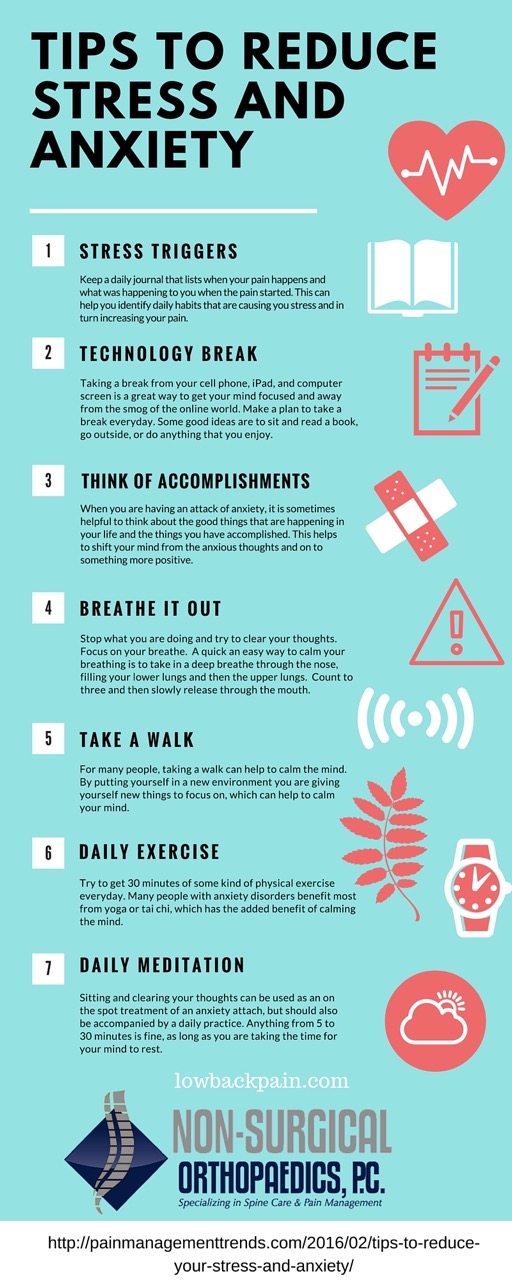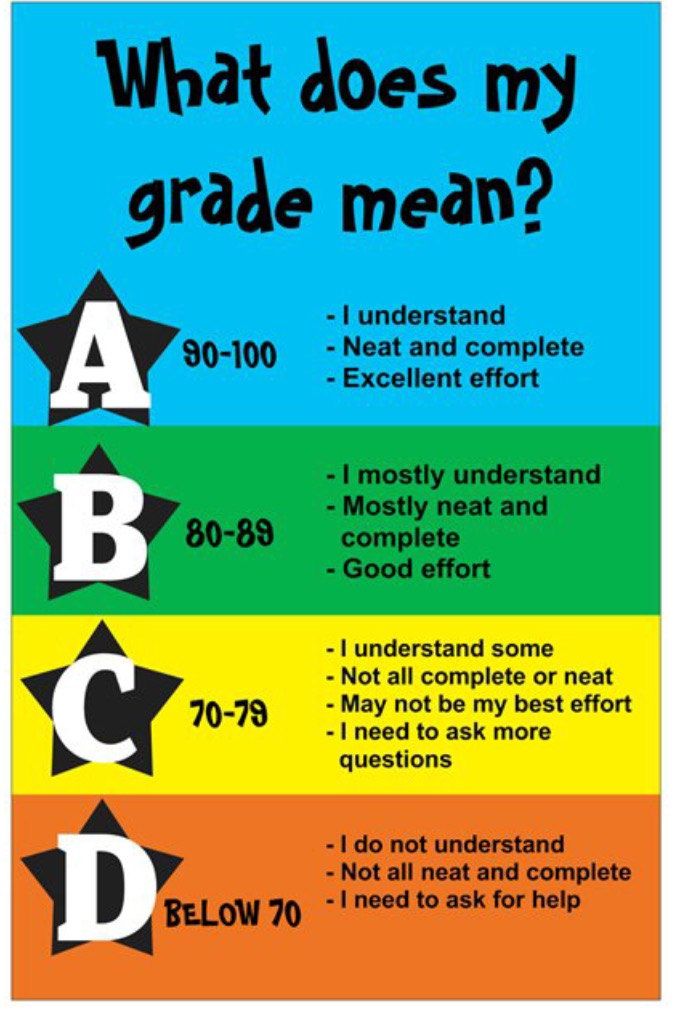Is bipolar considered a disability
Is Bipolar a Disability? Your FAQs
The Americans with Disabilities Act (ADA) is a law that helps people with disabilities get equal rights at work. Bipolar disorder is considered a disability under the ADA, just like blindness or multiple sclerosis.
You may also qualify for Social Security benefits if you can’t work. The Social Security Administration (SSA) has two programs that provide a monthly income and health insurance to people who can’t work because of a disability:
- Social Security Disability Insurance (SSDI) is for people who have worked and paid Social Security taxes.
- Supplemental Security Income (SSI) is for people with a limited income.
Read on to learn how the ADA and Social Security might benefit you.
To get protection under the ADA, you have to prove that a disability like bipolar disorder severely limits your ability to work. The ADA covers companies with 15 or more employees.
Getting Social Security benefits can be trickier. You need to have a disability and be a part of a low-income household or have worked for a certain number of years.
Not everyone with bipolar disorder qualifies. About two-thirds of applications for disability benefits are denied at first.
To get Social Security benefits, the SSA will ask you to show that:
- you’ve lived with bipolar disorder for at least 1 year
- your condition is severe enough to prevent you from doing your job or any other job
- your disability will last for more than a year
To qualify for SSDI, you need to have worked at a job where you paid Social Security taxes for a certain number of years.
The older you are, the more years you need to have worked. A 42-year-old must have worked for 5 years, while a 30-year-old only needs 2 years of work.
To qualify for SSI, you need to earn less than a certain amount of money. That amount varies by state. You also can’t have more than $2,000 in assets ($3,000 if you’re married).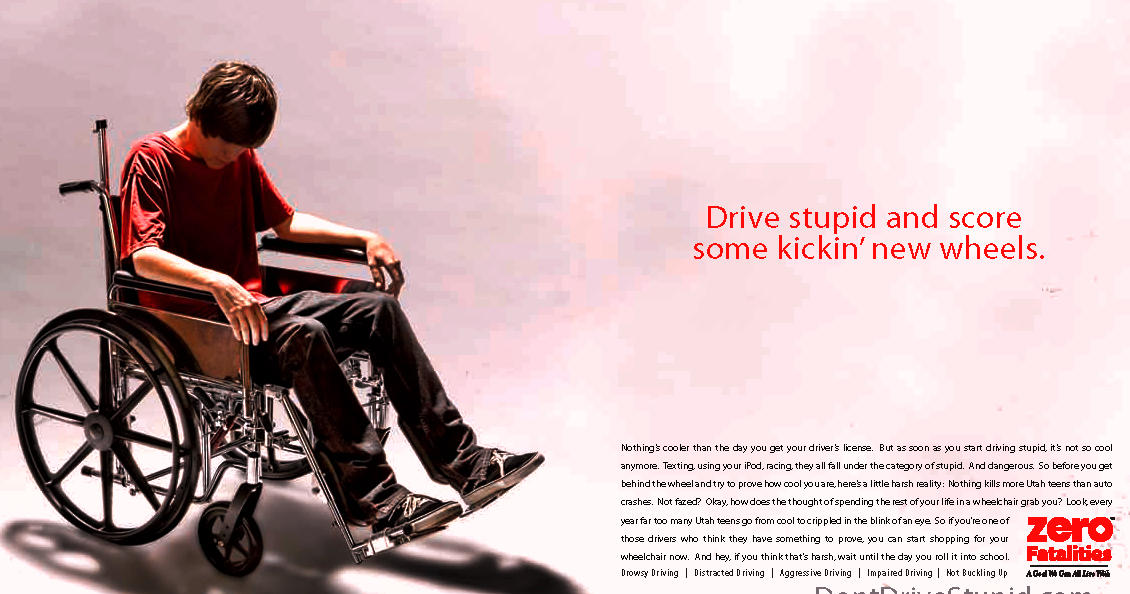
The ADA prevents people who are disabled from being discriminated against at work. Your company can’t cancel a job offer or fire you because you have bipolar disorder.
You must be able to do the basic tasks your job requires, but you can ask for accommodations. Accommodations are changes to your schedule or responsibilities that make your job easier to do.
Examples of accommodations for people with bipolar disorder are:
- a flexible schedule
- extra breaks during the day
- a desk organizer or planner
- noise cancelling headphones
- job coaching
- a support animal
Under the ADA, you also have a right to privacy. You don’t have to tell your employer that you have bipolar disorder unless you want to share that information.
You can get Social Security disability benefits if your bipolar disorder is severe enough to prevent you from working or if it limits your ability to do your job.
Whether you can work depends on how severe your bipolar disorder is, and how much your symptoms affect your daily life.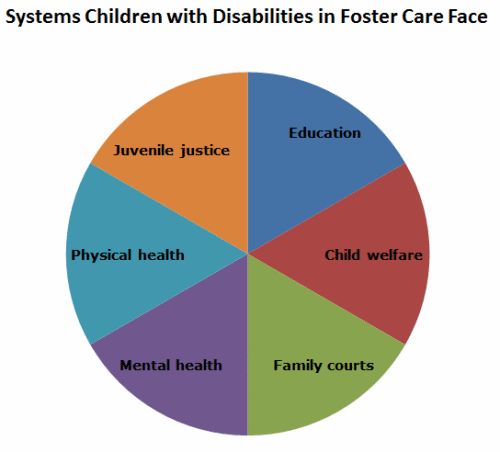
Symptoms like mood swings, irritability, and trouble concentrating can make it harder to do many jobs.
In general, people with bipolar disorder have a harder time working than those who don’t. Between 30 and 60 percent never go back to work full time after their symptoms start.
It may be harder for you to work if you have:
- severe bipolar disorder
- frequent episodes of mania and/or depression
- constant low-level depression
- psychotic symptoms, such as hallucinations or delusions
You’ll have an easier time keeping a job if you find one that you love, and you have good support.
The ideal job for bipolar disorder is one that makes you feel happy and fulfilled.
In general, the best jobs for people with bipolar disorder:
- are part time and have a flexible schedule
- offer a lot of support
- have a quiet, calm environment
- provide an outlet to be creative
A vocational counselor can help you find a job that fits you.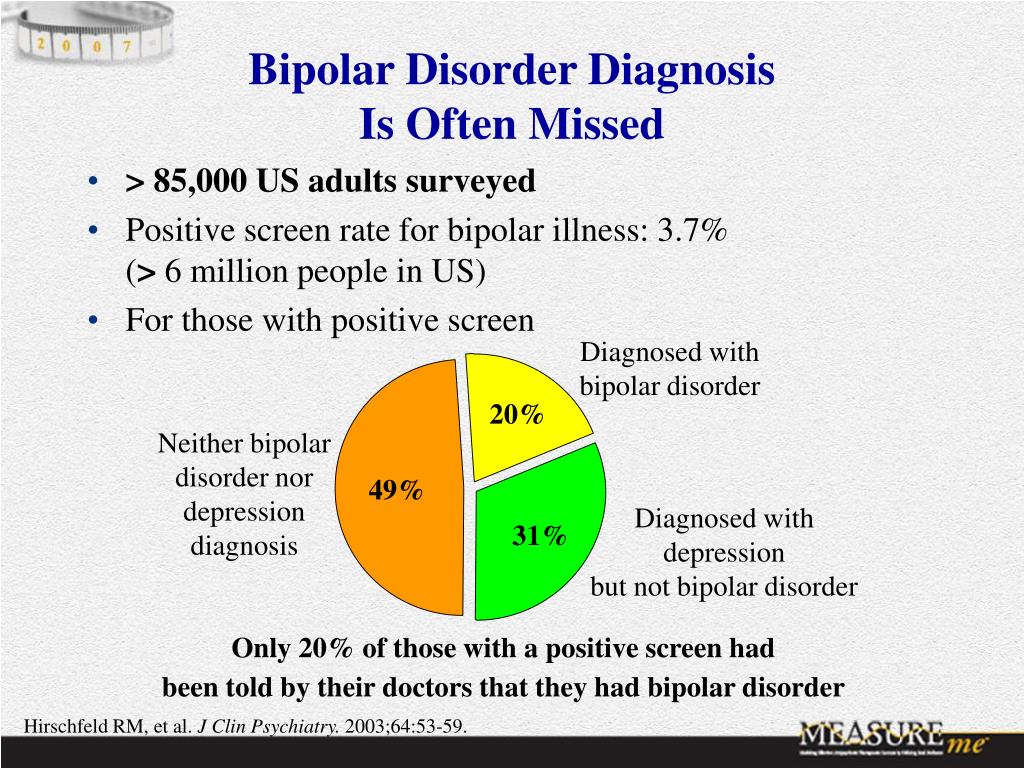 Having bipolar disorder may qualify you for free vocational rehabilitation services.
Having bipolar disorder may qualify you for free vocational rehabilitation services.
Both the ADA and SSA consider bipolar disorder a disability. That qualifies you to get extra protection and benefits under the law.
To start the process, talk with your doctor. You will need documents to prove to the government that bipolar disorder affects your ability to work.
To learn more about Social Security Disability benefits, visit SSA.
Bipolar Disorder and Social Security Disability Benefits
Bipolar Disorder - Condition
Bipolar Disorder is a mental health condition characterized by cyclic mania, or periods of extreme euphoria followed by bouts of severe depression. This mental disorder is not a mood disorder alone, but a category of several mood disorders. It is a condition that is prevalent in both men and women.
The chances of getting disability for bipolar disorder is 2 out of every 3 applicants.
Is Bipolar a Disability?
Bipolar disorder can be considered a disability if you meet the work and medical requirements outlined in the Blue Book by the SSA.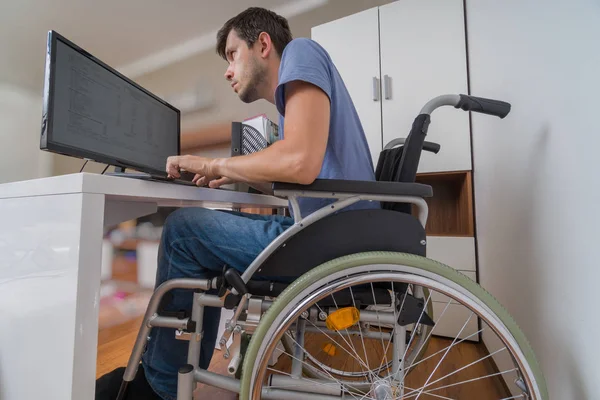
For the SSA to consider your bipolar disorder as a disability, you will need to meet both the work and medial requirements. In order to meet the work requirements to qualify for disability, you will have to have earned enough work credits while working.
Work credits are calculated by your age and how long you have worked. Generally, you need 40 credits to get disability benefits, 20 of which were earned in the last 10 years ending with the year you become disabled.
Once you meet the work requirements, you will also need meet the medical requirements outlined by the SSA for bipolar to be considered a disability. To qualify for SSA with bipolar disorder, your diagnosis and medical evidence to back it up needs to match the SSA’s Blue Book listing for bipolar disorder.
The SSA does consider bipolar a disability, so if you can match the SSA’s listing, as well as meet the work requirements, the SSA will considered you disabled and you can earn SSDI benefits with your bipolar disorder diagnosis.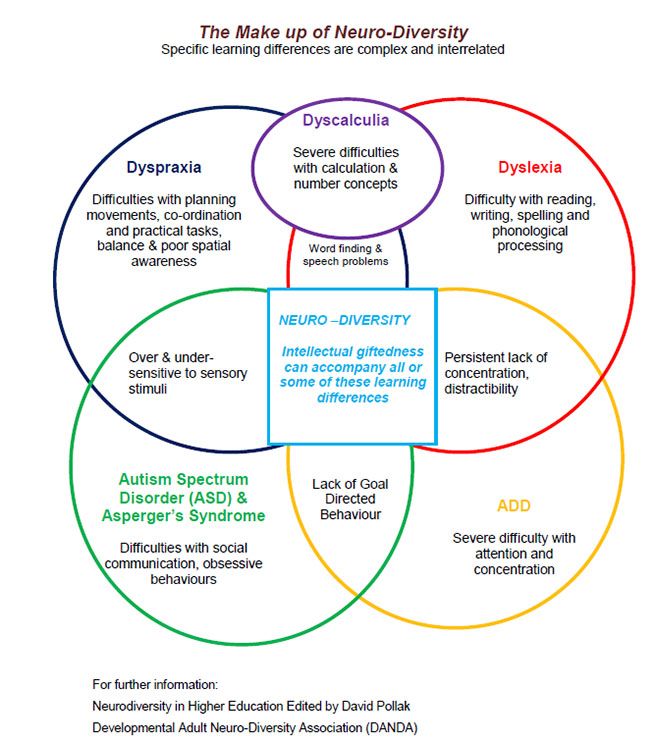
Symptoms of Bipolar Disorder
Signs of the depressive phase of this mental illness include:
- persistent feelings of hopelessness
- anxiety
- anger
- guilt
- sadness
- isolation
- fatigue
- irritability
- lack of motivation
- chronic pain
- morbid suicidal ideation
- self-loathing
- depersonalization.
In severe cases, individuals suffering from this disorder can even become psychotic. Bipolar Disorder symptoms typically manifest sometime between childhood and late adolescence.
Ordinarily, a Bipolar Disorder diagnosis is based on an individual’s self-reported experiences, along with behavioral abnormalities reported by friends, family members and colleagues. These indications are often corroborated by secondary symptoms observed by a social worker, psychiatrist, nurse or other clinicians involved in a clinical assessment.
Assessment of Bipolar Disorder is usually performed on an outpatient basis.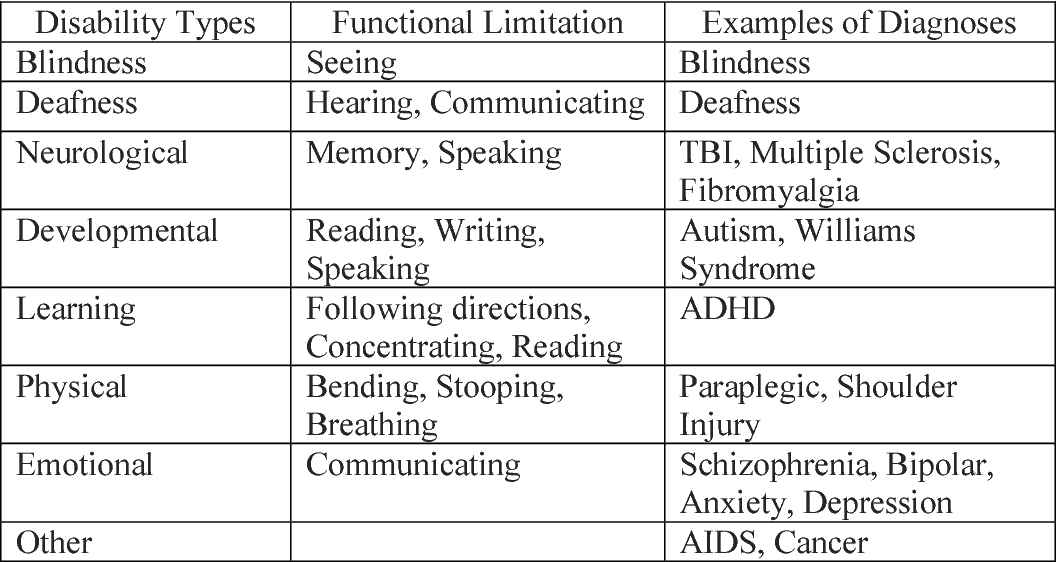 An inpatient facility admission is usually only considered necessary if an individual poses a serious risk to his/herself or others. A preliminary assessment may consist of a physical examination by a doctor. Generally, examinations are not repeated for relapse cases unless there is indication of a specific medical need.
An inpatient facility admission is usually only considered necessary if an individual poses a serious risk to his/herself or others. A preliminary assessment may consist of a physical examination by a doctor. Generally, examinations are not repeated for relapse cases unless there is indication of a specific medical need.
Can You Get Disability for Bipolar?
You can get disability for bipolar if you meet the requirements outlined by the SSA.
If you are looking to apply for Social Security disability insurance (SSDI), you need to meet the list the criteria outlined by the SSA for bipolar disorder located in the SSA’s Blue Book.
Bipolar disorder listing is in section 12.04. You also need to have enough work credits as SSDI is workers who can’t work full time anymore because of a disability like bipolar disorder.
If you meet the medical and work criteria, you will be able to get disability for bipolar in the form of SSDI benefits. You can get disability for bipolar in the form of SSI benefits if you meet the medical criteria outlined by the SSA.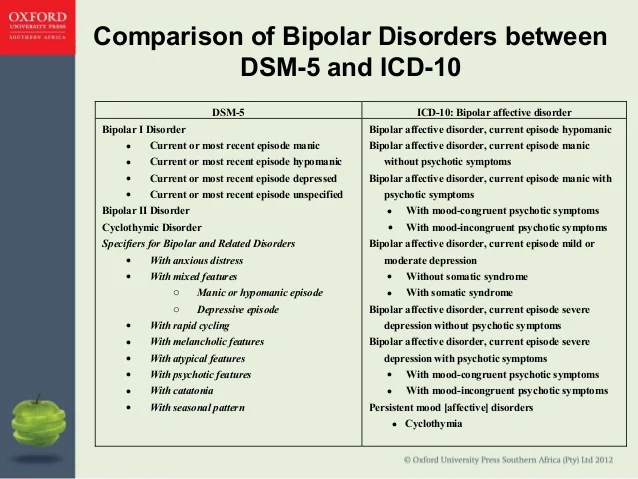
In order to get SSI benefits for bipolar disorder, you need to meet the financial requirements outlined by the SSA. Since SSI is a needs-based program, you need to have very little income and resources.
Information on the financial limitations for SSI is located on the SSA’s website. If you meet both the medical and financial requirements outlined by the SSA, you get disability for bipolar in the form of SSI benefits in the form of SSI benefits.
Filing for Social Security Disability with a Bipolar Disorder Diagnosis
If an individual’s Bipolar Disorder is constant and impairs all ability to function in a work environment, that person may be entitled to Social Security Disability benefits. Any individual with Bipolar Disorder can be eligible for disability benefits if he/she meets the evaluation criteria listed in the Social Security Administration’s Blue Book, and if he/she has received a medical vocational disability endorsement based on the person's residual functional ability, education and age.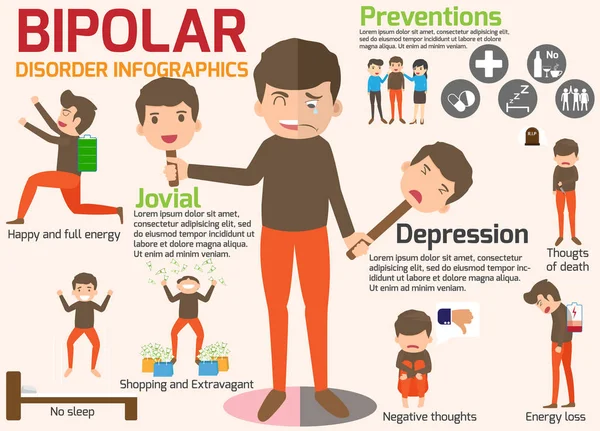
Impairments that Qualify for Bipolar Disorder Disability Benefits
The Social Security Administration has established that a claimant with Bipolar Disorder must have a history of consistent symptomatic manic episodes, depressive syndromes, or a combination of both. Additionally, the claimant’s bipolar disorder should result in two (2) of the following restrictions:
- severe limitation of daily activity,
- inability to interact with others in a normal way, or
- recurring episodes of decompensation, which last for an extended period of time.
If a claimant does not meet the aforementioned criteria, he/she may still qualify under a section in the Blue Book, which states that any individual with a medical history documenting at least two years of any chronic affective disorder, including Bipolar Disorder, can be granted disability benefits, despite the support of medication, if the impairment or ailment has resulted in:
- limitations of the capacity to perform basic work action, even when symptoms are controlled with psychosocial support and medication.

- the claimant’s condition must lead to persistent decompensation periods, or
- the residual illness process has caused a subsidiary adjustment that even a nominal boost in mental demands would cause the claimant to decompensate.
Furthermore, a claimant must have been incapable of functioning outside a supportive livelihood for any foreseeable time period. If an individual meets or exceeds these qualifications, there is a good chance of eligibility for Social Security Disability Insurance (SSDI) or Supplemental Security Income (SSI).
If a claimant still does not meet the aforementioned criteria, he may still apply for disability based on his remaining functional capacity, education and age. If mental residual functioning is very limited and one is not capable of meeting the demands of basic routine repetitive activities, it is still possible to qualify for a medical vocational disability allowance.
Because applying for disability benefits with a Bipolar Disorder diagnosis can be a complex and intimidating process, hiring a qualified Social Security Disability lawyer or disability advocate may be in a potential claimant’s best interest.
Your Bipolar Disorder Disability Case
Because Bipolar Disorder is listed in the impairment listing manual of the Social Security Administration, a person with Bipolar Disorder who wishes to file for disability benefits can win by satisfying specific criteria. If you are planning to apply for SSDI/SSI disability benefits, you should bear in mind that all Social Disability claims will be granted or denied benefits based on medical records.
You should strive to keep a consistent treatment regimen before and during the Social Security Disability application process, and if your SSDI/SSI application is denied, you should be prepared to file a disability appeal. In many cases, a Social Security Disability lawyer or advocate can provide invaluable help by guiding you through the application and appeals processes.
What is a mental disability? How to communicate with such people and are they dangerous? Shameful Questions About Mental Disorders - Meduza
JR Korpa / Unsplash
The lack of information about people with mental disorders breeds wariness: it is not clear what to expect from such a person and how not to offend by accident.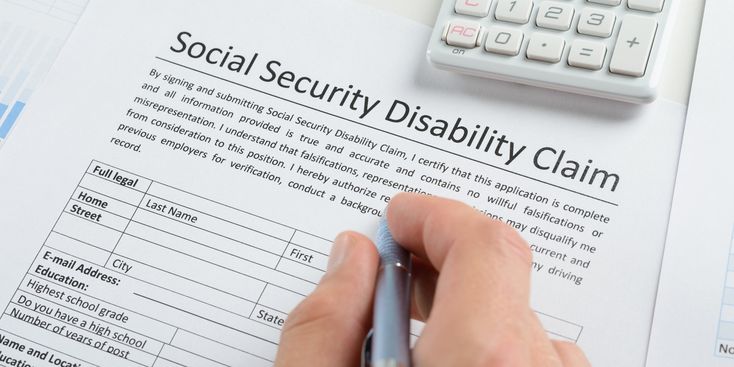 At the request of Meduza, the creators of the Pinel Case project, dedicated to the legal side of psychiatric care, answer embarrassing questions about mental disorders and mental disabilities. nine0003
At the request of Meduza, the creators of the Pinel Case project, dedicated to the legal side of psychiatric care, answer embarrassing questions about mental disorders and mental disabilities. nine0003
You are reading an article published as part of our MeduzaCare charity support program. In November 2019, it is dedicated to people with disabilities. All program materials are on a special screen.
What is a mental disability? Is that a polite name for mental retardation?
Mental disability refers to a disability caused by a mental disorder.
Mental disorder in itself does not necessarily lead to disability. Mental disorders differ from each other: some do not last long and do not have serious consequences for the patient's life, while others become chronic and significantly change a person's life. nine0003
Disability is a social concept. It is assigned if, due to illness or injury, a person cannot (or can, but with difficulty) independently move, study, work and communicate.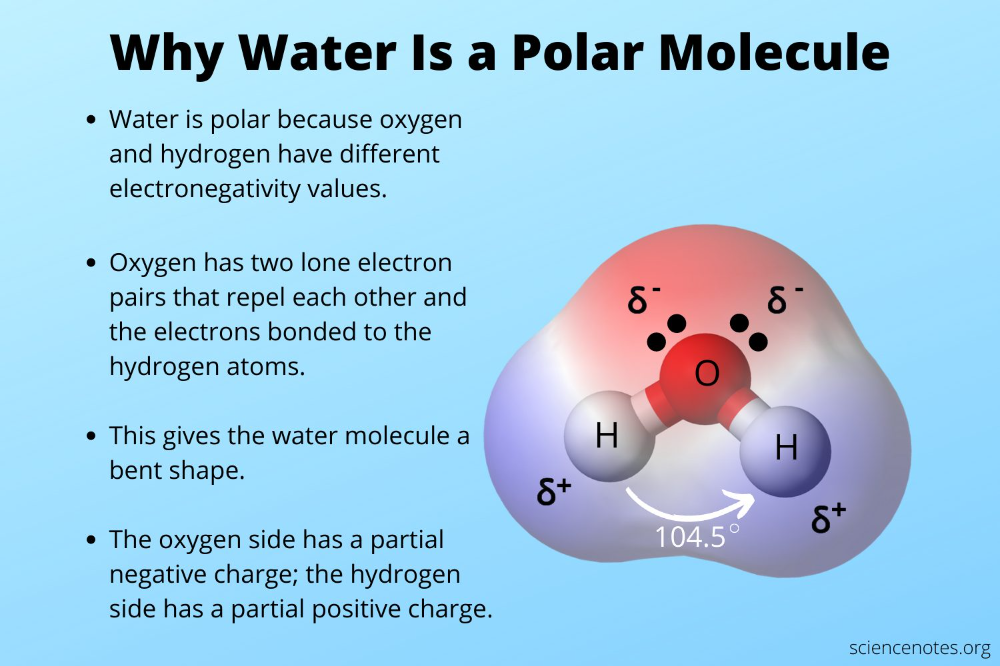 Panic attacks, depression, and in some cases schizophrenia and bipolar affective disorder (BAD) may not affect the above abilities - in such cases there will be no basis for establishing disability.
Panic attacks, depression, and in some cases schizophrenia and bipolar affective disorder (BAD) may not affect the above abilities - in such cases there will be no basis for establishing disability.
Disability can be obtained by patients with severe chronic mental disorders: for example, people with schizophrenia, mental retardation, the consequences of traumatic brain injuries, strokes and brain hemorrhages, people with dementia. Severe bipolar disorder or recurring episodes of depression can also lead to disability. It is important that the cause of disability will not be the disorder itself, but the inability to do without help in daily life. In official documents, this is called life restriction. nine0003
In order for a person to be granted a disability, it is necessary to confirm officially that he needs social assistance. In Russia, this is done by the Bureau of Medical and Social Expertise (ITU).
Doctors work in them, but the institutions themselves do not belong to the Ministry of Health, but to the Ministry of Labor and Social Protection. Employees of the ITU bureau establish a disability group, decide whether a person needs rehabilitation and care equipment (canes, wheelchairs, diapers, and much more, including guide dogs). Disability due to a mental disorder is established by specialized ITU bureaus, where psychiatrists work. Patients with mental disorders can be assigned the third, second or first disability group (arranged in ascending order of the degree of disability), and a child under 18 years of age will be assigned the status of a "disabled child". nine0003
Employees of the ITU bureau establish a disability group, decide whether a person needs rehabilitation and care equipment (canes, wheelchairs, diapers, and much more, including guide dogs). Disability due to a mental disorder is established by specialized ITU bureaus, where psychiatrists work. Patients with mental disorders can be assigned the third, second or first disability group (arranged in ascending order of the degree of disability), and a child under 18 years of age will be assigned the status of a "disabled child". nine0003
The disability certificate issued by the ITU does not include a diagnosis. In the column "Cause of disability" there may be the wording "general disease" - it is most often found in mental disorders.
Do people with mental disabilities understand that they have a mental disability?
Most people with a mental disability understand that they have been assigned a disability group. Some people with mental disorders do not understand that they are people with disabilities.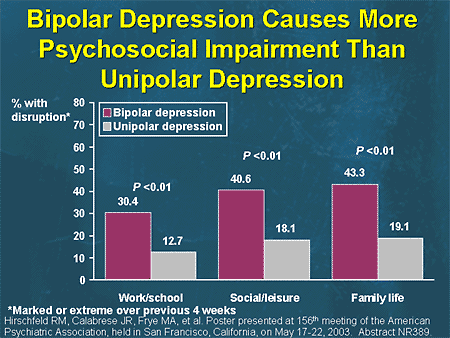 But, as a rule, these are patients with a markedly reduced memory and intelligence (for example, with dementia), and in their case, a lack of understanding of their social status is the least of the problems. nine0003
But, as a rule, these are patients with a markedly reduced memory and intelligence (for example, with dementia), and in their case, a lack of understanding of their social status is the least of the problems. nine0003
How should you behave when dealing with such a person?
Mental disorder will not necessarily be noticeable when communicating with a person. The same applies to disability. But if you know about the disability of the interlocutor or his relative, it is better to postpone inquiries about this until a closer acquaintance, so as not to create a situation in which everyone will be embarrassed.
It is also not worth asking why a healthy-looking person with a disability does not work. Chronic mental disorders often develop in people at a young or adult age. A person may appear to be physically healthy, but the decreased willpower and thought disturbances of schizophrenia, for example, impair the ability to work just like any other serious illness or injury.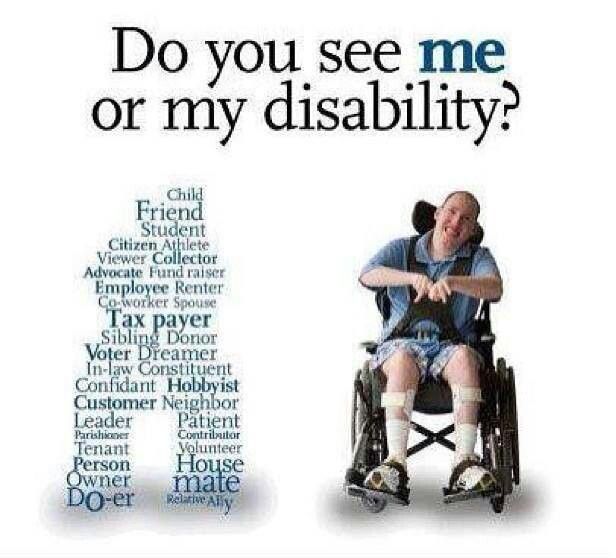 nine0003
nine0003
What are the options for public policy in the world towards such people? What is the best approach?
It may seem that pensions and free medicines are enough to provide social support for people with disabilities, but this is not the case.
Firstly, the size of the disability pension (and it is less than the labor pension) does not allow us to talk about the possibility of a decent life. The pension is supplemented by benefits for travel and medicines that a person can dispose of independently - for example, refuse them in favor of monetary compensation. But with any choice, he will remain in a vulnerable position: on the one hand, monetary compensation is small, on the other hand, there are interruptions in the purchases of drugs that are carried out by the regional ministries of health with federal budget money. nine0003
Secondly, the life of a person with a disability, like other people, is not limited to payments and medicines. A good option for government assistance is assisted living programs.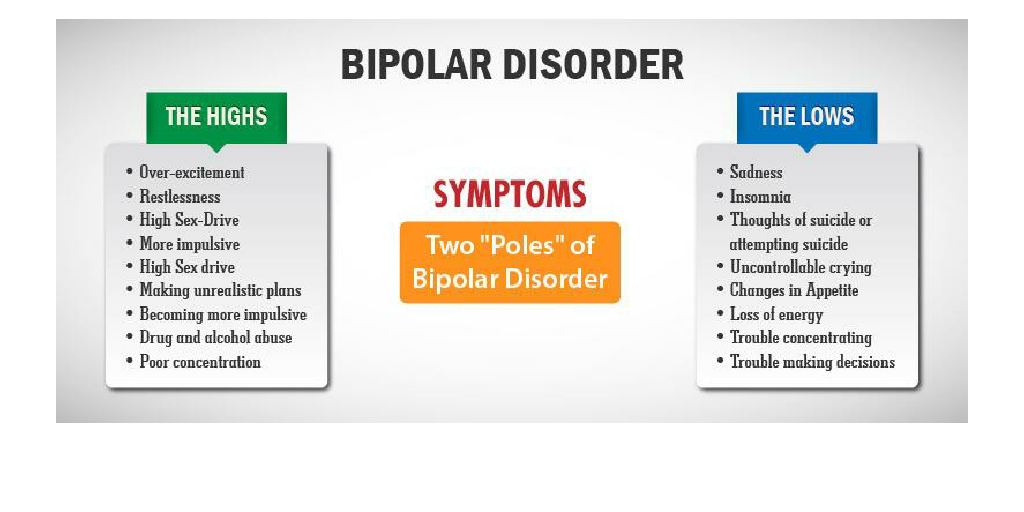 They allow a person with a disability to live independently, provided that they receive regular visits from a social worker. For example, in Finland, such support is mainly provided by non-profit organizations (NPOs). Now this practice is coming to other countries, including Russia.
They allow a person with a disability to live independently, provided that they receive regular visits from a social worker. For example, in Finland, such support is mainly provided by non-profit organizations (NPOs). Now this practice is coming to other countries, including Russia.
Another option for social assistance is supported employment. Disability is not always associated with a complete loss of the ability to study or work. A person with a severe or chronic mental disorder involved in the labor process simultaneously trains social skills and experiences a sense of his own need, inclusion in society, which is important for the well-being of any person. In Russia, there are already the first attempts to introduce such employment, but it is still far from widespread practice. nine0003
In general, assistance to people with disabilities should cover different aspects of life and at the same time be tailored to individual needs. This can be achieved with the help of a state program, different parts of which are carried out by different NGOs specializing in certain narrow tasks.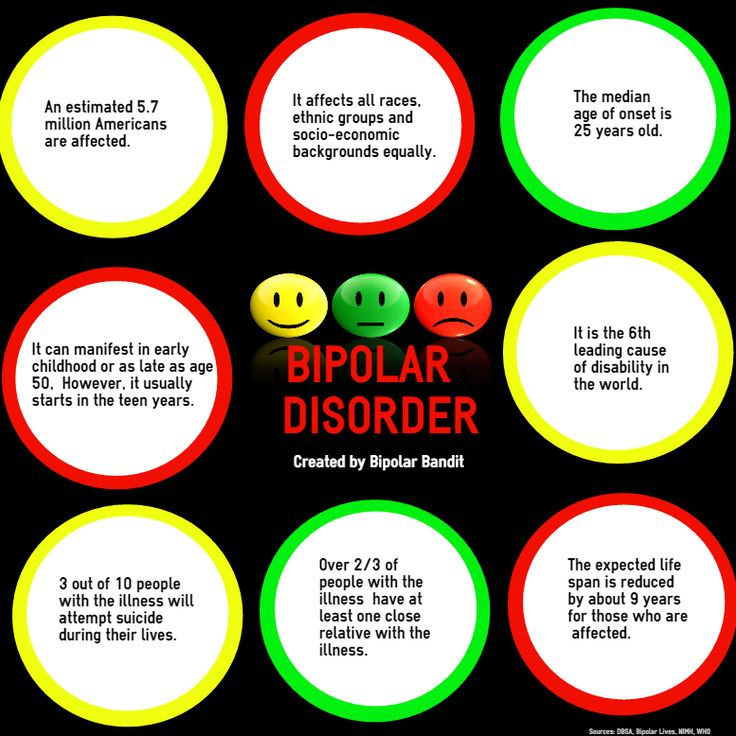
This requires not only money and trained specialists, but two more factors: the will of the state for such changes and the readiness of society to see people with disabilities as part of its usual environment. nine0003
A separate problem is people with mental and central nervous system disorders who are not capable of even minimal personal care. In Russia, there are no exact statistics for this group, but, most likely, we are talking about hundreds and thousands of people across the country. Such people need constant professional care, and it is almost impossible to provide it at home. As a rule, sooner or later they end up in psycho-neurological boarding schools (PNI) - places with notoriety. It would be strange to completely close the PNI without having an alternative - but it is necessary to reform them in the direction of greater humanity. nine0003
Can people with mental disabilities get married and raise children?
People with mental disabilities start relationships, get married and have children.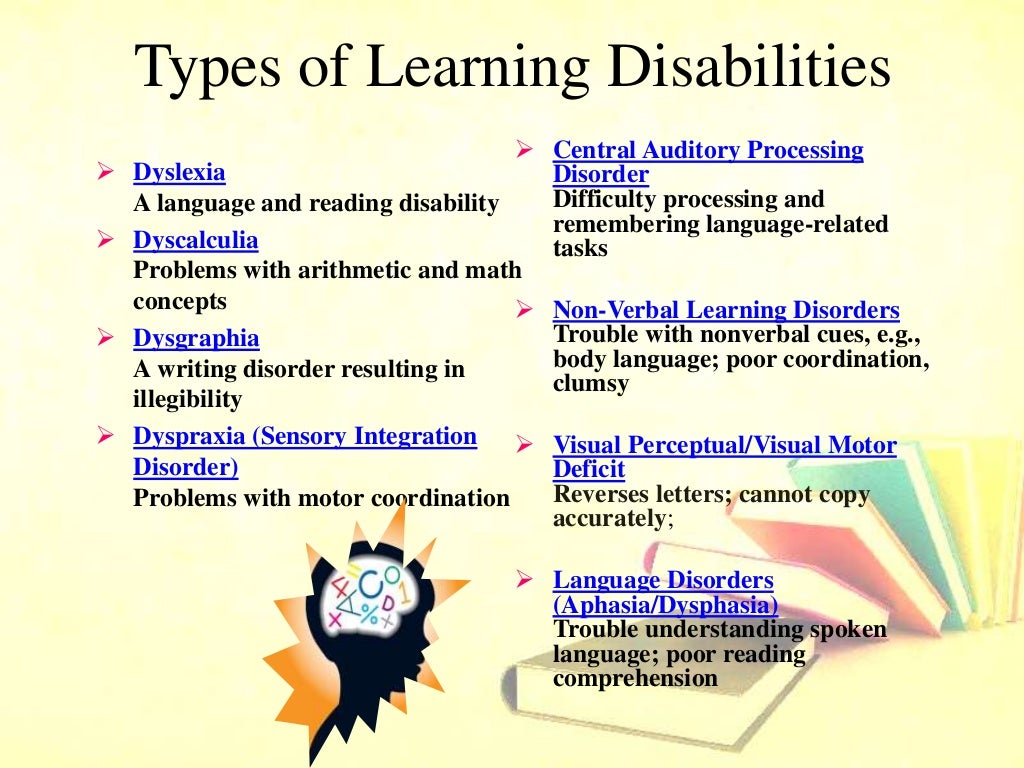 Not everyone does this, and the reason here is not only the disease itself, but also its stigmatization.
Not everyone does this, and the reason here is not only the disease itself, but also its stigmatization.
Any prohibition based on social status is discrimination. By itself, disability and the inability to work does not mean that a person should be deprived of life in society and the chance to start a family. Health and success in family relationships are not directly related. In the end, there are a lot of healthy and able-bodied people who do not cope with the upbringing of their children and even harm them. nine0003
A person with a disability does not stop being a person. Even if it seems ridiculous or ridiculous to us that such people also want relationships and sex, such a reaction characterizes us rather than people with disabilities.
People with severe mental disorders have the right to have sex like everyone else if they want to. Sex is an important source of positive emotions and a way to strengthen relationships, including for people with disabilities.
Sex education for children and adolescents with mental problems plays a separate role. It is not only about contraceptive skills, but more about learning about your body and the rules of sexual safety. A child or teenager with an intellectual disability can easily become a victim of sexual assault, and education can help reduce the risk. nine0003
It is not only about contraceptive skills, but more about learning about your body and the rules of sexual safety. A child or teenager with an intellectual disability can easily become a victim of sexual assault, and education can help reduce the risk. nine0003
JR Korpa / Unsplash
Is inclusive education for people with mental disabilities a good thing? Will mentally healthy children not suffer?
The key to the success of inclusive education is the acceptance of a different student or student by the group and teachers. Without this, education will not bring any benefit and may even harm.
Parents of other children may fear that a child with disabilities will draw all the attention of teachers to himself or violate discipline in the classroom - and this will affect the progress of everyone else. There are two answers to this. nine0003
First, even a mentally healthy student can violate discipline and interfere with others. Secondly, inclusive education requires good preparation not only for teachers and the class, but also for the child himself.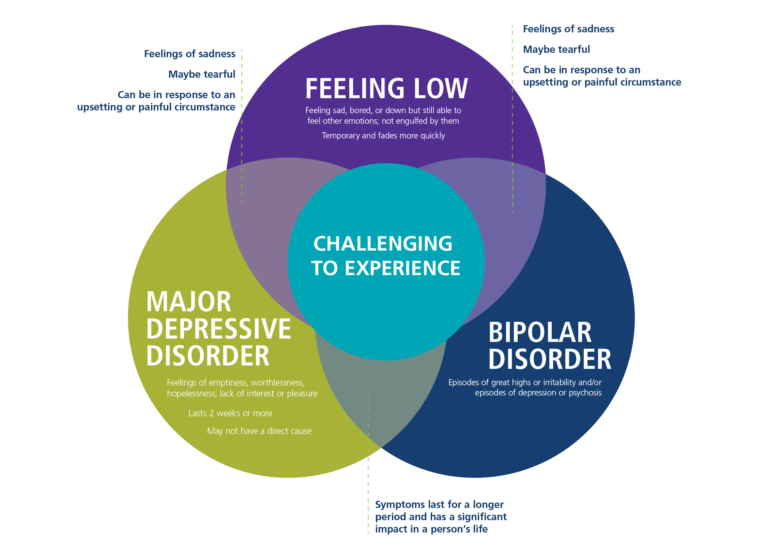 Not every child with a mental disorder can attend a regular school. Special educational programs have been developed for such children, including individual and home-based ones.
Not every child with a mental disorder can attend a regular school. Special educational programs have been developed for such children, including individual and home-based ones.
On the other hand, if inclusive education is properly organized, students of this class get a unique social experience, improve communication skills and emotional response. After all, study is a source of not only knowledge, but also social skills, and it is difficult to say which is more important. nine0003
The benefits for students with mental disabilities are also clear—they receive an education with good prospects and are better prepared for life in society.
Does mental disability mean total disability?
No, it doesn't. Incapacity is a legal category that means the inability of a person to direct his actions or understand their meaning. It requires proof in a special order - through a court session and a forensic psychiatric examination. nine0003
In itself, a disability due to a mental disorder, even the first group, does not mean automatic deprivation of legal capacity.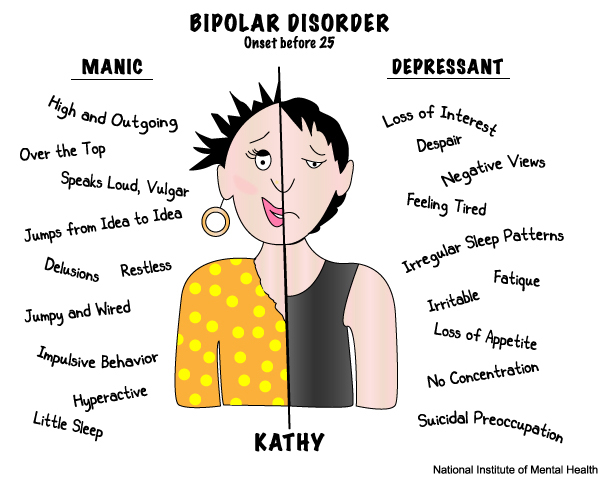 And not every person with a mental disability can be deprived of legal capacity.
And not every person with a mental disability can be deprived of legal capacity.
Why does this happen to people at all?
As we have said, mental disorders do not always lead to disability. As a rule, chronic diseases that lead to irreversible changes in the structure and functioning of the brain become the cause of disability. nine0003
For example, some of the symptoms of schizophrenia—hallucinations and delusions—can be managed with medication. But for other symptoms - specific disturbances in thinking and loss of impulses and brightness of emotions - antipsychotics have little or no effect at all. The cause of disability in schizophrenia is often problems with the performance of normal work tasks and a violation of purposeful activities.
Alzheimer's dementia and vascular dementia cause memory problems and loss of self-care skills. Because of this, an elderly person needs constant help and can be assigned a disability. nine0003
The International Classification of Diseases (ICD) also identifies a group of mental disorders in which normal brain development does not occur.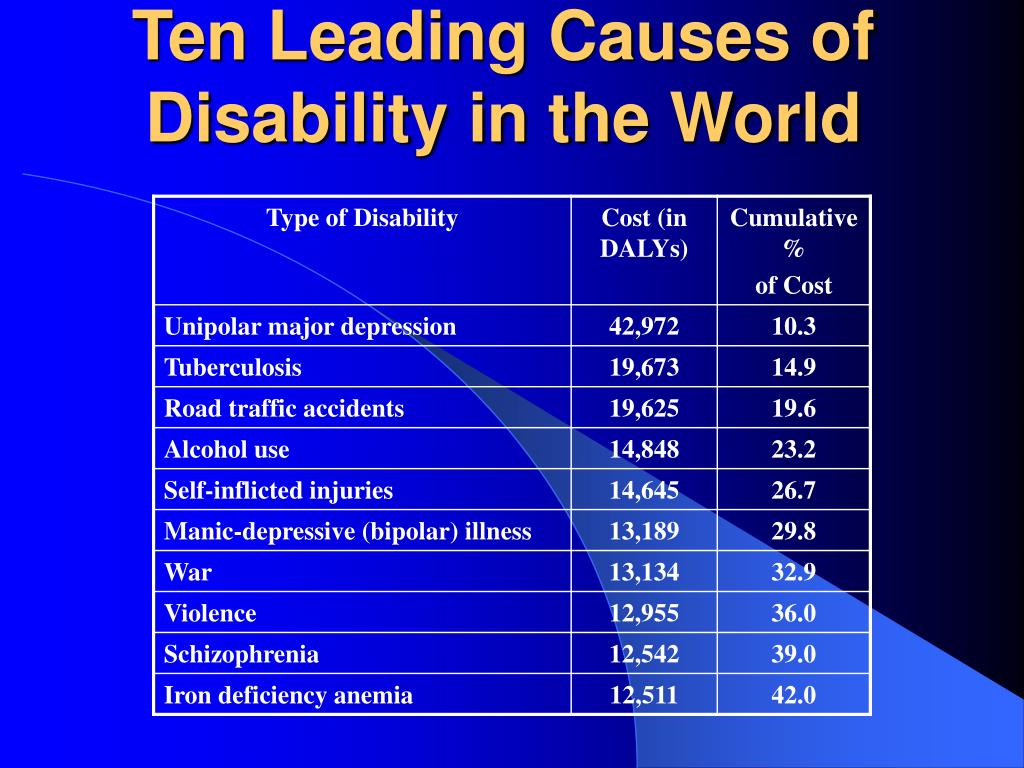 Their cause can be injuries, diseases of the nervous system (epilepsy), metabolic disorders (phenylketonuria), chromosomal disorders (Down syndrome) and much more. Patients with these disorders often have difficulty learning the knowledge and skills needed to live and work independently. This also becomes a reason for establishing disability, usually from childhood. nine0003
Their cause can be injuries, diseases of the nervous system (epilepsy), metabolic disorders (phenylketonuria), chromosomal disorders (Down syndrome) and much more. Patients with these disorders often have difficulty learning the knowledge and skills needed to live and work independently. This also becomes a reason for establishing disability, usually from childhood. nine0003
There is an opinion that people with bipolar disorder and depression do not get disabled, but this is not true. A severe degree of bipolar disorder or frequently recurring depressive episodes can deprive a person of the opportunity to work, and this is already the basis for obtaining a disability.
Are people with mental disabilities dangerous?
There are no studies that confirm that people with mental disabilities are more dangerous than people without it. At the same time, studies show that patients suffering from mental disorders are more likely to become victims of crime than criminals. Patients with mental disorders and those who have received a disability are a vulnerable social group that needs the protection and support of society, and not additional control of law enforcement agencies.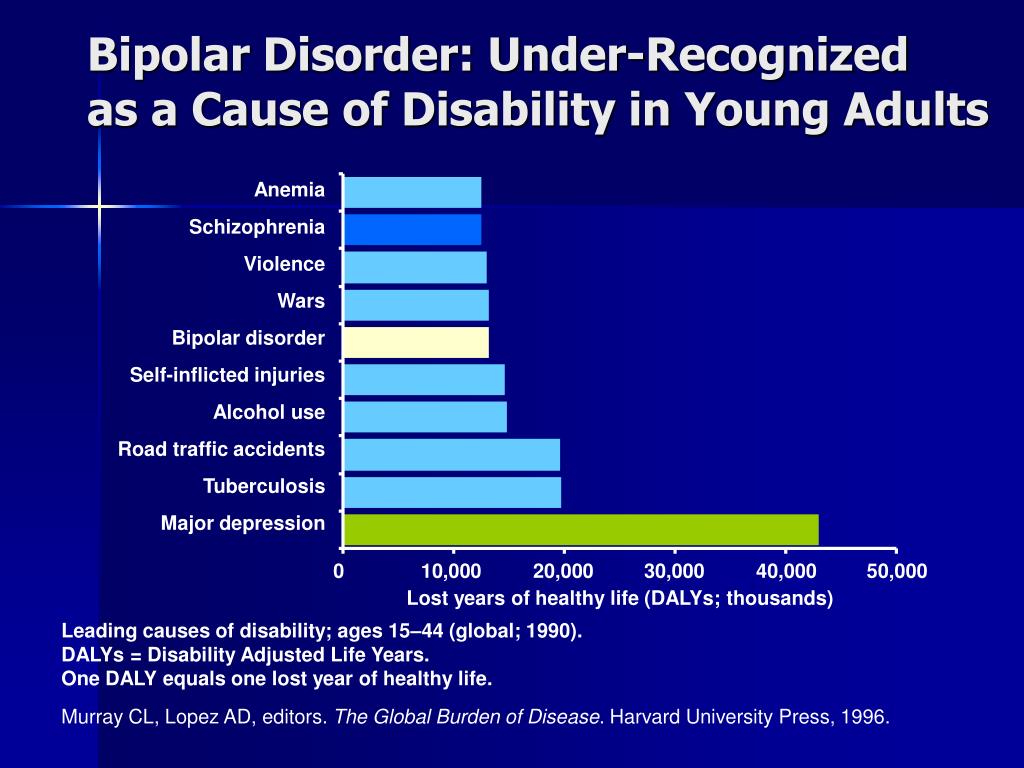 nine0003
nine0003
How to offer help to a person with a mental disability or their loved one without being intrusive and questioning their abilities?
As with other people, it is important to show your willingness to help. Not all people with a mental disorder and disability need constant help. Many of them cope with everyday activities, but need help with more complex tasks - just like healthy people. It will be enough to clearly indicate your readiness to help if this help is needed. nine0003
The same is true for relatives. If you see that a person caring for a relative is exhausted or simply tired, it is enough to say: “You look tired. If you need help, I'm here." For many people involved in this kind of caregiving, the thought of outside help can be humiliating and embarrassing. This must be remembered.
The Life Path Foundation helps people with developmental disabilities. If you would like to support it, you can do so by making a regular or one-time donation here.
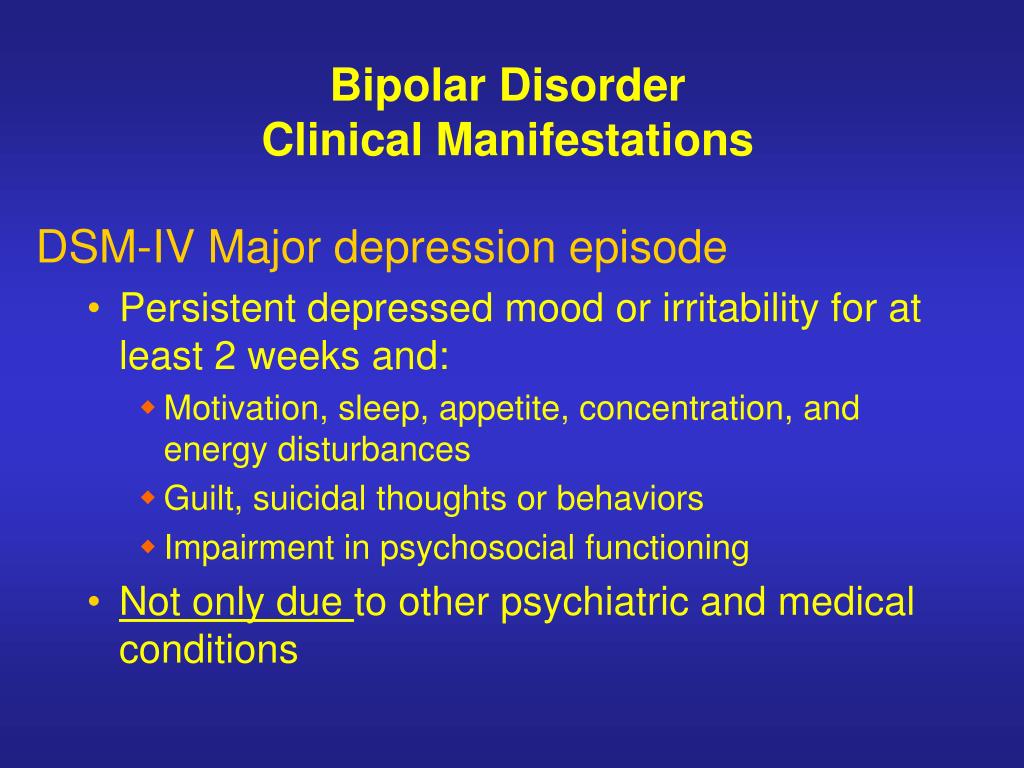 nine0009
nine0009 Victor Lebedev , Pinel's Case
Answers to your frequently asked questions: is bipolar disorder a disability?
Is Bipolar Disorder a Disability?
The Americans with Disabilities Act (ADA) is a law that helps people with disabilities get equal rights at work. Bipolar disorder is considered a disability under the ADA, just like blindness or multiple sclerosis. nine0003
You may also be eligible for Social Security benefits if you cannot work. The Social Security Administration (SSA) has two programs that provide monthly income and health insurance to people who cannot work because of a disability:
- Social Security Disability Insurance (SSDI) is for people who have worked and paid Social Security taxes.
- Supplemental Security Income (SSI) is for people with limited income. nine0120
Read on to find out how ADA and Social Security can benefit you.
What are my chances of being eligible?
To be protected under the ADA, you must show that a disability, such as bipolar disorder, severely limits your ability to work.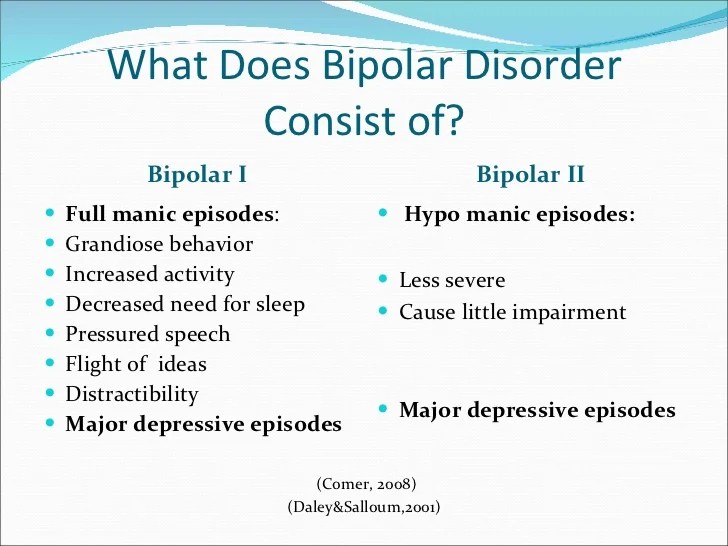 ADA applies to companies with 15 or more employees.
ADA applies to companies with 15 or more employees.
Getting Social Security benefits can be more difficult. You must have a disability, be part of a low-income family, or have worked for a certain number of years. nine0003
Not everyone with bipolar disorder is eligible. About two-thirds of applications for disability benefits are initially rejected.
To get Social Security benefits, SSA will ask you to show that:
- you have lived with bipolar disorder for at least 1 year
- your condition is severe enough to prevent you from doing your job or any other job
- your disability will last over a year
To be eligible for SSDI, you must have worked in a job where you paid Social Security taxes for a certain number of years. nine0003
The older you are, the more years you have to work. A 42-year-old should work for 5 years, and a 30-year-old needs 2 years of work.
To qualify for SSI, you must earn less than a certain amount of money.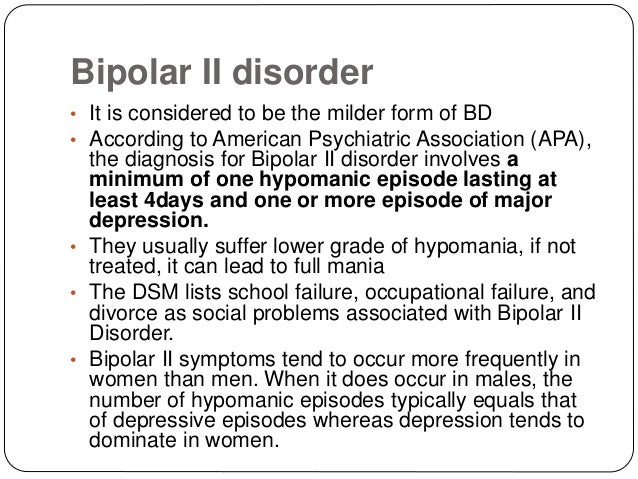 This amount varies by state. You also cannot have assets greater than $2,000 ($3,000 if you are married).
This amount varies by state. You also cannot have assets greater than $2,000 ($3,000 if you are married).
What are my ADA/Social Security rights?
ADA prevents discrimination against people with disabilities in the workplace. Your company cannot cancel a job offer or fire you because of bipolar disorder. nine0003
You must be able to perform the basic tasks that your job requires, but you can ask for concessions. Adaptations are changes to your schedule or responsibilities that make your job easier.
Examples of devices for people with bipolar disorder:
- flexible schedule
- extra breaks throughout the day
- desk organizer or planner
- noise canceling headphones
- employment coaching
- support animal
You also have a right to privacy under the ADA. You must not tell your employer that you have bipolar disorder if you do not want to share this information.
You can get Social Security disability benefits if your bipolar disorder is so severe that it prevents you from working or if it limits your ability to do your job.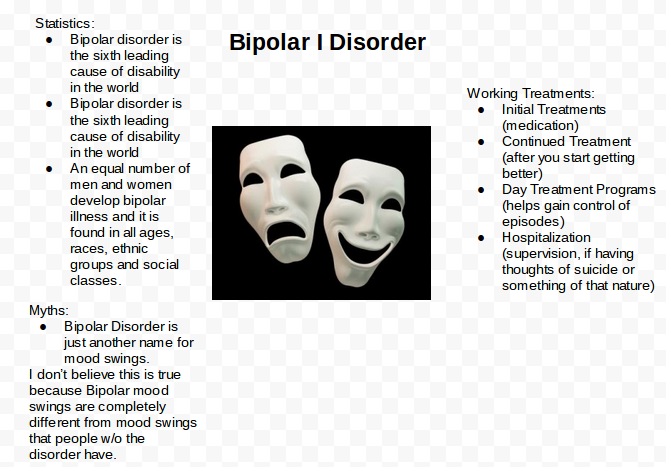
Is it possible to work with bipolar disorder? nine0113
Whether or not you can work depends on how severe your bipolar disorder is and how your symptoms affect your daily life.
Symptoms such as mood swings, irritability, and trouble concentrating can make many jobs difficult.
In general, people with bipolar disorder find it more difficult to work than those without it. Between 30 and 60 percent, never return to full-time work after the onset of symptoms. nine0003
It may be more difficult for you to work if you have:
- severe bipolar disorder
- frequent episodes of mania and/or depression
- persistent mild depression
- psychotic symptoms such as hallucinations or delusions if you find one you like and have good support.
What is a good job for people with bipolar disorder?
The ideal job for people with bipolar disorder is one that makes you feel happy and fulfilled. nine0003
In general, the best jobs for people with bipolar disorder are:
- work part-time and have flexible hours
- offer more support
- have a quiet, relaxed environment
- provide an outlet for creativity
A professional counselor can help you find a job that suits you.
